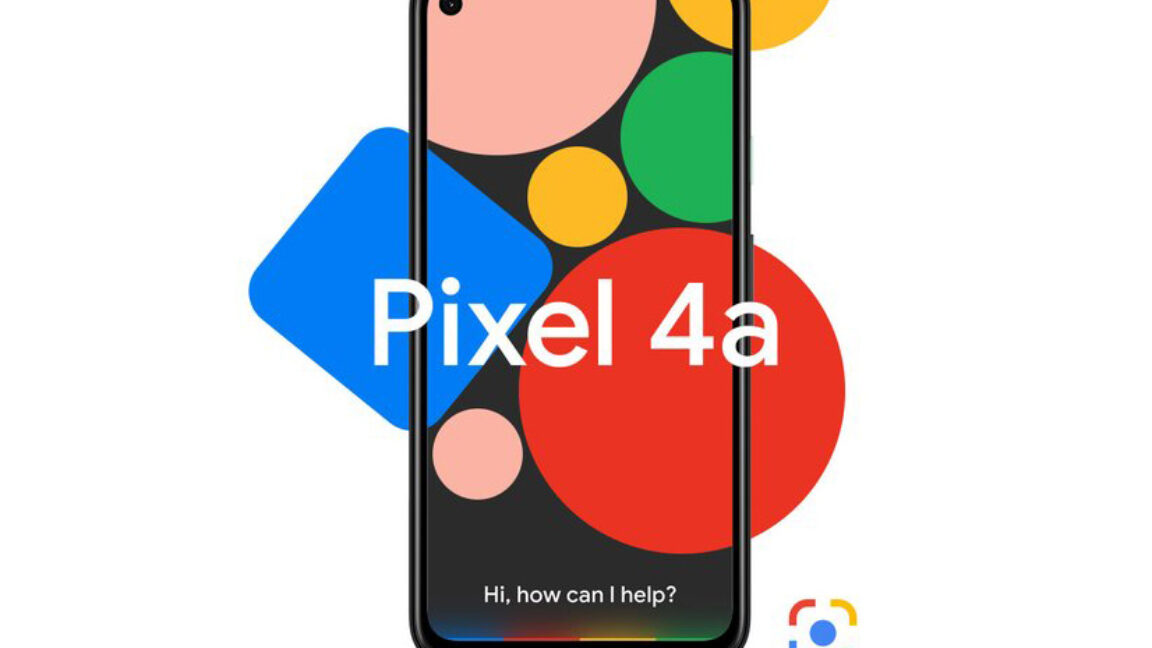
How Google nerfed my Pixel 4a—then stuck it to me, too
- 24.03.2025 18:01
- arstechnica.com
- Keywords: Battery Issues, Software Update
The author faced battery issues with their Google Pixel 4a after an update, leading to a complicated compensation process requiring personal financial details. This experience prompted them to reconsider supporting companies that prioritize customer care and data privacy over efficiency.